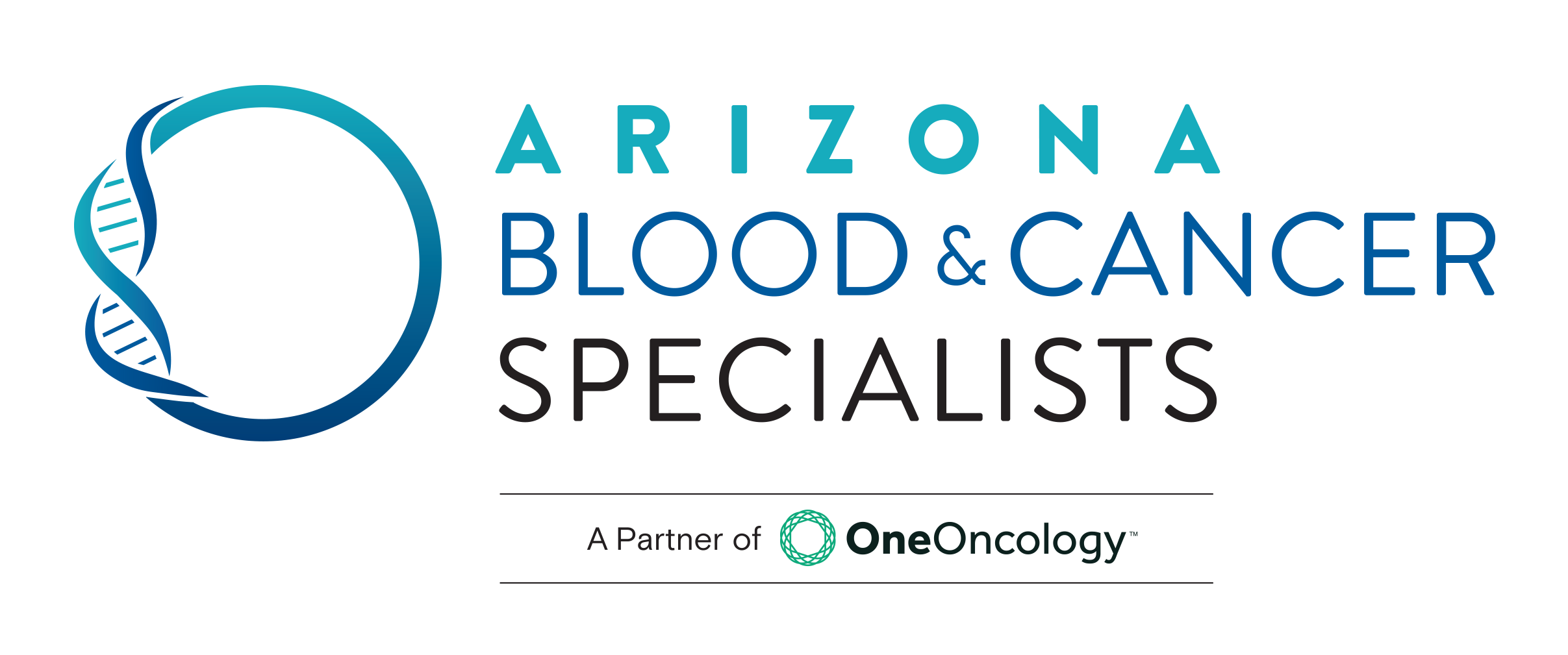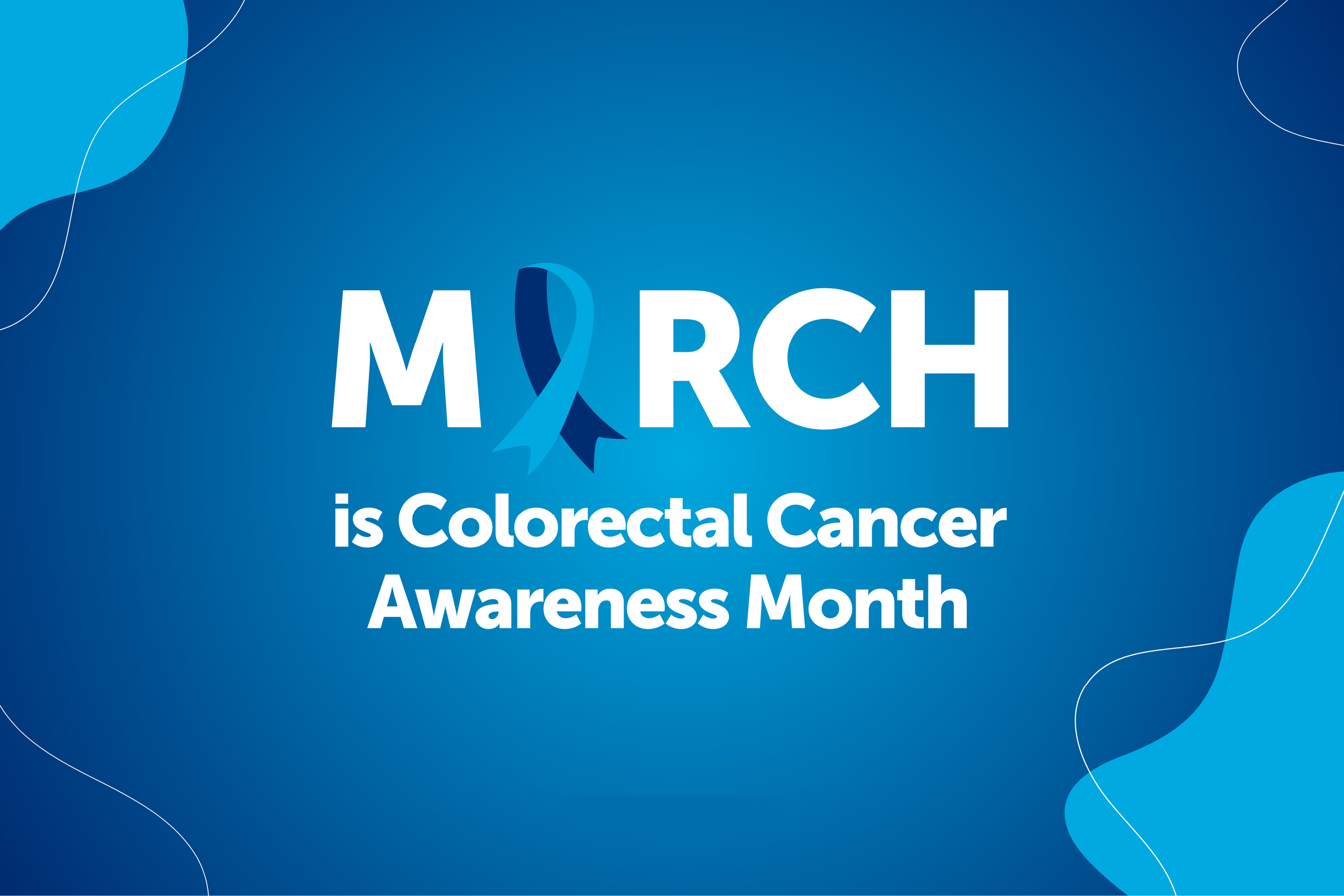What is Colorectal Cancer
Colorectal cancer is a leading cause of death in both men and women in the United States, and about 140,000 people across the country are diagnosed with colorectal cancer every year. March marks Colorectal Cancer Awareness Month, an opportunity to shed light on colon and rectal cancers, raise awareness about how to reduce your risk, and the critical impact screening has on early detection.
Also called colon cancer or rectal cancer, colorectal cancer is a disease where cancer cells form in the tissues of the colon or the rectum at the end of the digestive tract. The majority of colorectal cancers begin as abnormal growths known as precancerous polyps in the colon or rectum, and can take 10 to 15 years to develop into cancer. Because these polyps have a slow cancer growth rate and can present no symptoms, regular colorectal cancer screening is crucial for removing precancerous polyps before they turn into colorectal cancer or early detection of colorectal cancer if it’s present. Colorectal cancer can be easier to treat when found early, small, and hasn’t spread.
Protect your colorectal health with these risk-reducing measures and lifestyle changes:
Get Screened
Screening is the process of checking for cancer or pre-cancer in people who don’t have symptoms, and is crucial for prevention and early detection of colorectal cancer. Colonoscopies are the most common type of colorectal cancer screening. It’s recommended that people start getting screened at age 45. If you have a family history of colorectal cancer, then it’s important to start screening as early as age 40. Research suggests that a routine colonoscopy with the removal of polyps could reduce the occurrence of colorectal cancer by about 75%. Consult with your healthcare provider about when you should start screening.
Healthy Eating Habits
Adopting a healthy diet rich in nutritious whole foods like vegetables, fruits, and whole grains has been linked to improved colorectal health and a decreased risk of colon or rectal cancer. It’s also key to eat less red and processed meat, as consumption of these types can be linked to an increased risk of colorectal cancer. Focus on consuming foods high in vitamins, minerals, fiber, antioxidants, and other nutrients. Limit your processed food intake, cook more meals at home, and consider trying the Mediterranean diet. A healthy diet is a supportive tool in decreasing your risk of being overweight or obese, which increases your risk of developing colorectal cancer.
Get Enough Calcium and Vitamin D
Consuming the minimum recommended amount of calcium and vitamin D from food, drink, sunlight, and supplements could help decrease your risk of colorectal cancer.
Stay Physically Active
Being physically active and exercising regularly has a variety of health benefits including weight management, a reduced risk of cancer, heart disease, diabetes, and other chronic diseases, and can improve your hormone levels and immune system function. Begin with a small and realistic goal for daily or weekly movement, aiming to work your way up to 150 minutes of moderate-intensity physical activity and two days of muscle-strengthening activity each week.
Minimize Alcohol Intake
Drinking alcohol in excess is linked to an increased risk of developing colorectal cancer. Although it’s healthiest not to drink alcohol, if you do consume alcohol, be sure to sip mindfully and in moderation by limiting daily consumption to no more than one drink for women and two drinks for men.
Don’t Smoke
Smoking tobacco damages the heart and blood vessels very quickly, and chemicals in cigarette smoke can cause the cells that line blood vessels to become swollen and inflamed. Smoking cigarettes has been linked to an increased risk of colorectal cancer, especially for those who have smoked for a long time.
Sources:
American Cancer Society: Colorectal Cancer Early Detection, Diagnosis, and Staging


